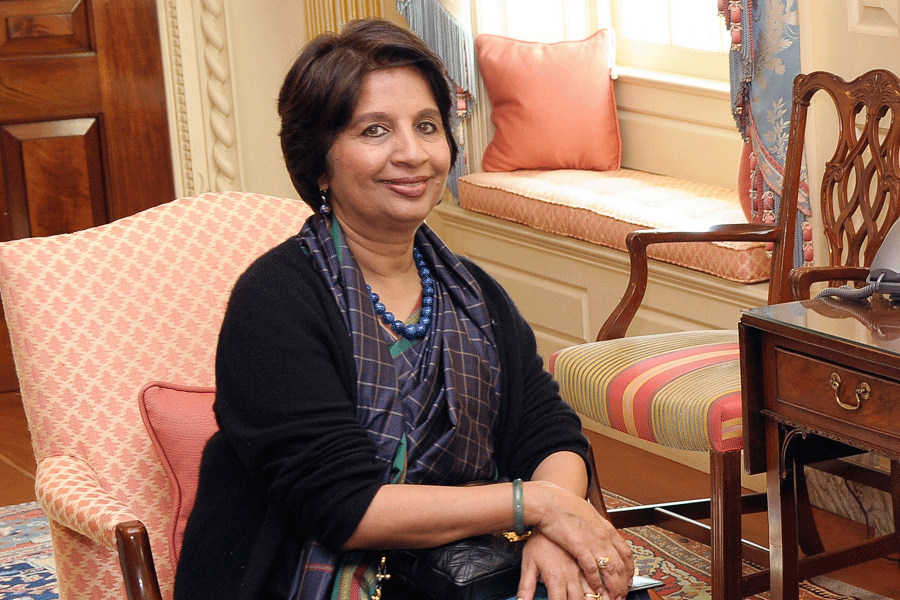When it comes to money, the hardest decision is not which stock to buy or which fund to invest in. It is whom to trust your money with. An adviser can be the person who helps you turn dreams into reality, or the one who leaves you with products you never needed and regrets you never imagined. In a market crowded with promises and noise, choosing the right guide is as important as the investments themselves.
Don’t fall for past numbers
If the first thing an adviser tells you is how a product delivered 18 per cent last year, then pause. Those numbers belong to the past, not the future. Your needs are different, and no glossy chart can replace an honest conversation about what you want from money. A genuine adviser will begin with questions, not answers. They will want to know what safety means to you, which goals matter most, and what dreams you don’t want to compromise. If the first meeting feels like a sales pitch, you may already have your answer.
The honesty test
The right adviser will not promise you the world. They will tell you what is possible within your savings, your risk appetite, your timeline and also what is not possible. The honesty can sting. You may be told that retiring in 10 years is not realistic, or that doubling your money in three years will require risk that you may not stomach. But that discomfort is worth more than a false promise. If someone always says “yes”, you should be worried.
A listener, not a lecturer
Most people don’t walk into a meeting with crystal-clear goals. You may say you want “better returns”, but perhaps what you really want is your children’s education covered, or freedom from monetary worries after 60. A good adviser listens closely and helps you discover what you truly want. In your early meetings, notice who does most of the talking. If the adviser spends more time talking about their products or expertise than asking about your life, it may not be the right match.
What advice looks like
As a client, you don’t need to know all the technicalities of the markets. But you should know what makes advice valuable. It has three parts: first, helping you find clarity on your goals; second, knowing what tools and options exist; and third, joining the two together in a way that works for you. It is the third part that matters most. Anyone can list products. The real value is in weaving them into a plan that balances growth, safety, and timing — so your money serves your life, not the other way around.
Human qualities matter
Degrees, certifications and licences matter. But the real test of an adviser is in his/her human qualities. Do they explain things in simple terms? Do they seem calm, or do they hype up opportunities? Do they ask about your life, your family, your priorities, or only about how much you can invest? Good advice is built on empathy and experience, not just spreadsheets. You want someone who will walk with you for the long term, not disappear after a product is sold.
The risk of doing it alone
Of course, some people prefer to manage money on their own. With apps and online platforms, it seems easier than ever. But without guidance, investors often repeat the same mistakes: holding too much idle cash, chasing the latest trend, panicking in a downturn, or ignoring tax benefits. It’s not that you can’t do it yourself. The question is whether you can do it consistently, without being swayed by fear or greed. If not, an adviser can save you from mistakes that cost more than their fee.
Spot the red flags
Not every adviser has your best interests at heart. Watch carefully for warning signs. Be wary if someone tries to push a product in the very first meeting. Be cautious if they dodge questions about fees or commissions. Take note if they never put anything in writing. And most importantly, question anyone who never asks about your life goals. A good adviser calms your emotions when markets are wild. A poor one fuels those emotions and profits from them. Learn to tell the difference.
When you really need one
Not everyone needs an adviser all the time. If your money matters are simple, you may do fine on your own. But once your savings grow, or your goals multiply, or you face big life changes like retirement or inheritance, professional guidance can make a big difference. Just as a business hires a finance head when it grows, you may need someone to play that role in your financial life. It’s not about giving up control, it’s about getting clarity.
The questions that matter
Before you commit to anyone, ask some simple questions. Are you required to act in my best interest? How are you paid? What experience or qualifications do you hold? Can you show me how you guided people in the past? Will you personally handle my account? And how will we know if things are working? The answers will tell you more than any brochure. They will tell you whether the person is a partner for the long term or just another salesperson.
The real value
The best adviser is not the one who promises the highest returns. It is the one who gives you confidence and clarity. The true value lies not in chasing the market, but in aligning your money with your life. Choosing an adviser should not feel like a gamble. It should feel like appointing a steady companion for your financial journey, someone who helps you ask the right questions, keeps you grounded, and makes sure your money works for you.
The writer is a co-founder of www.investaffairs.com










